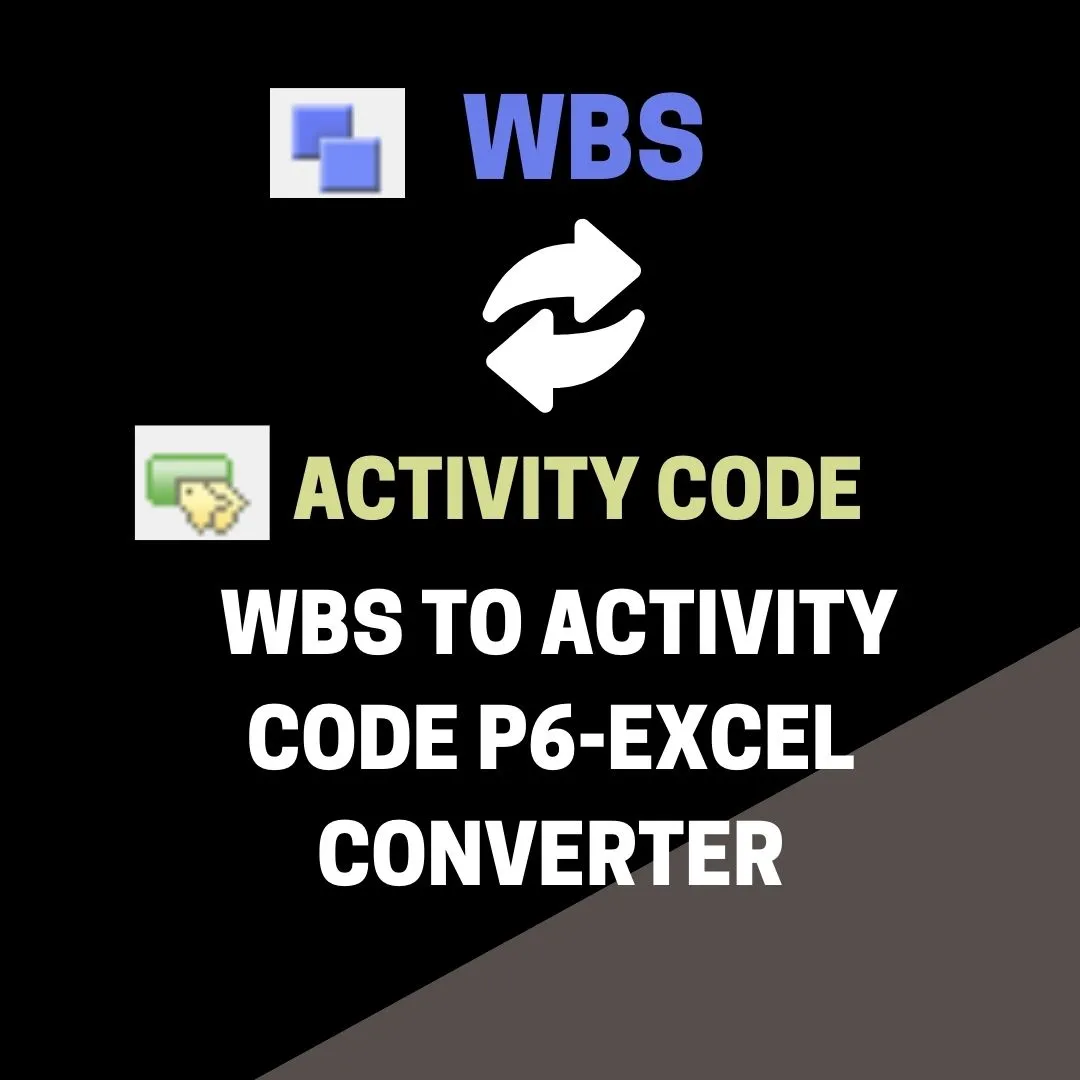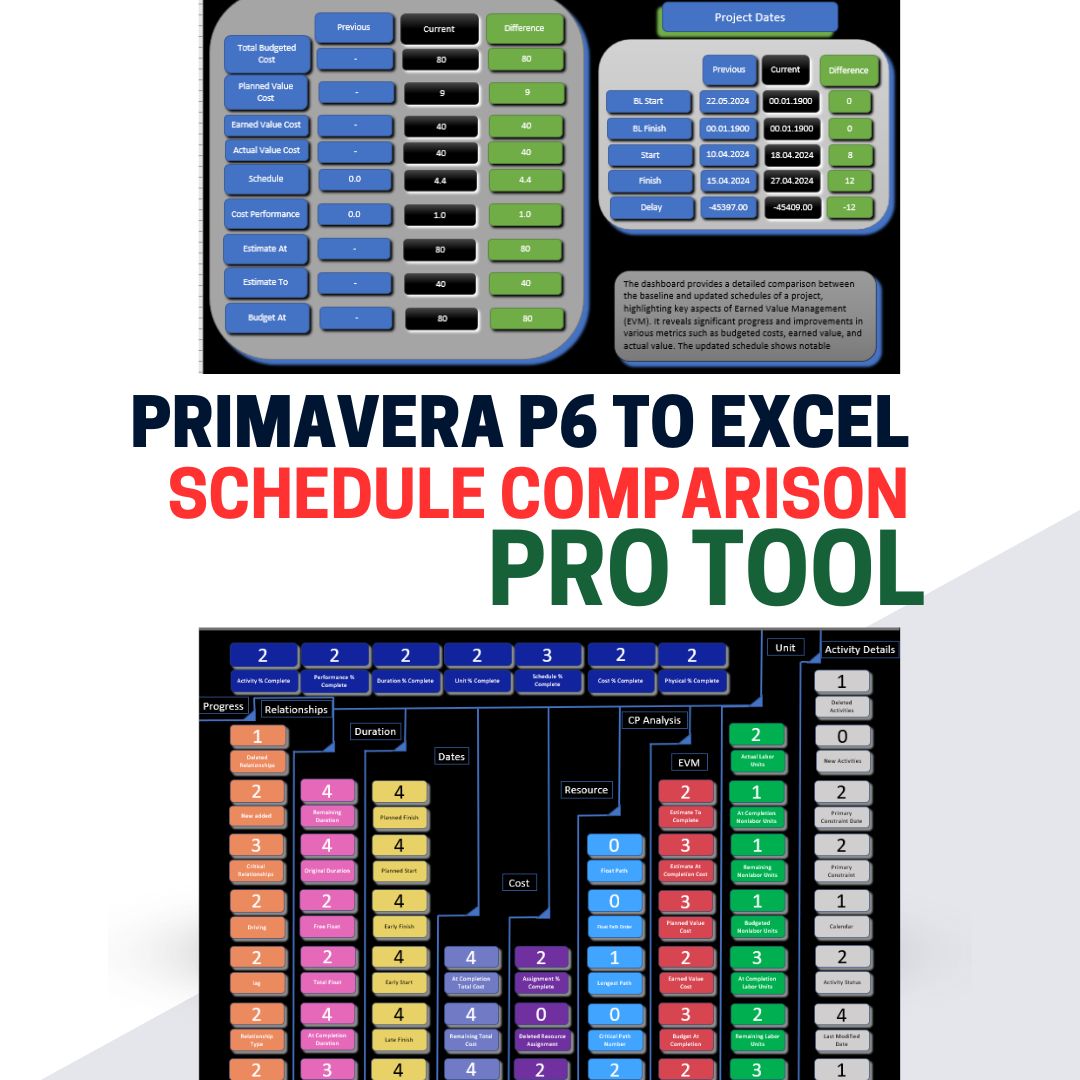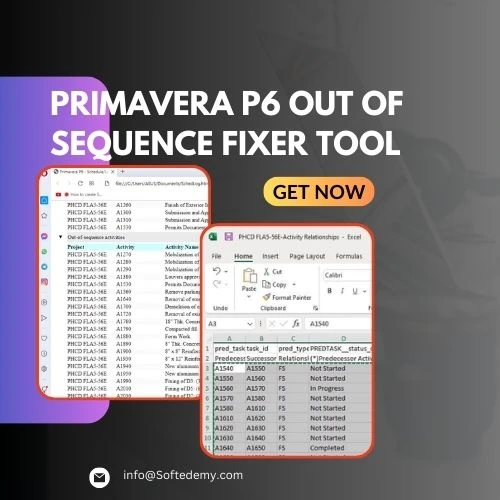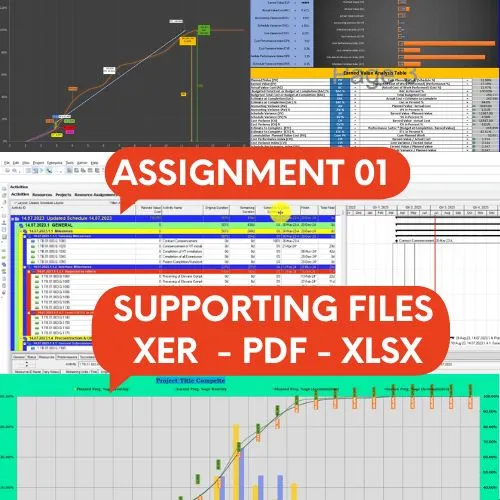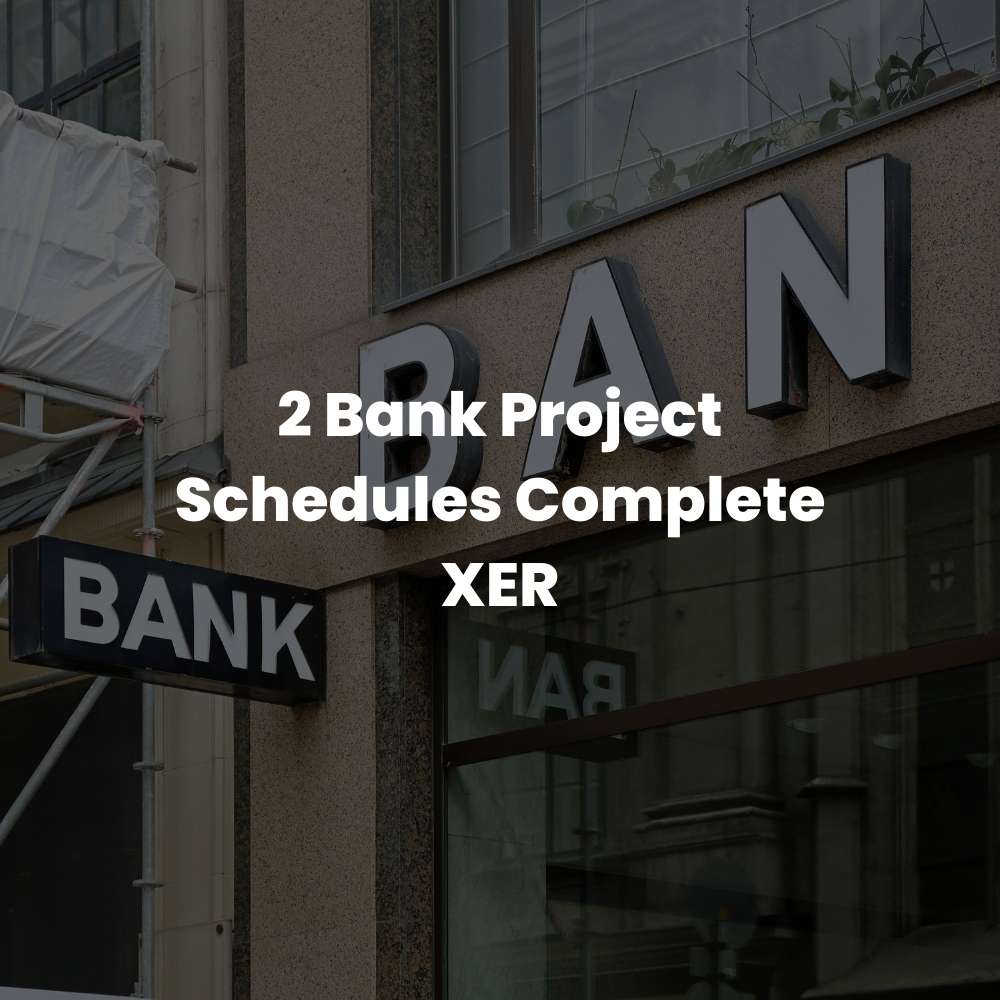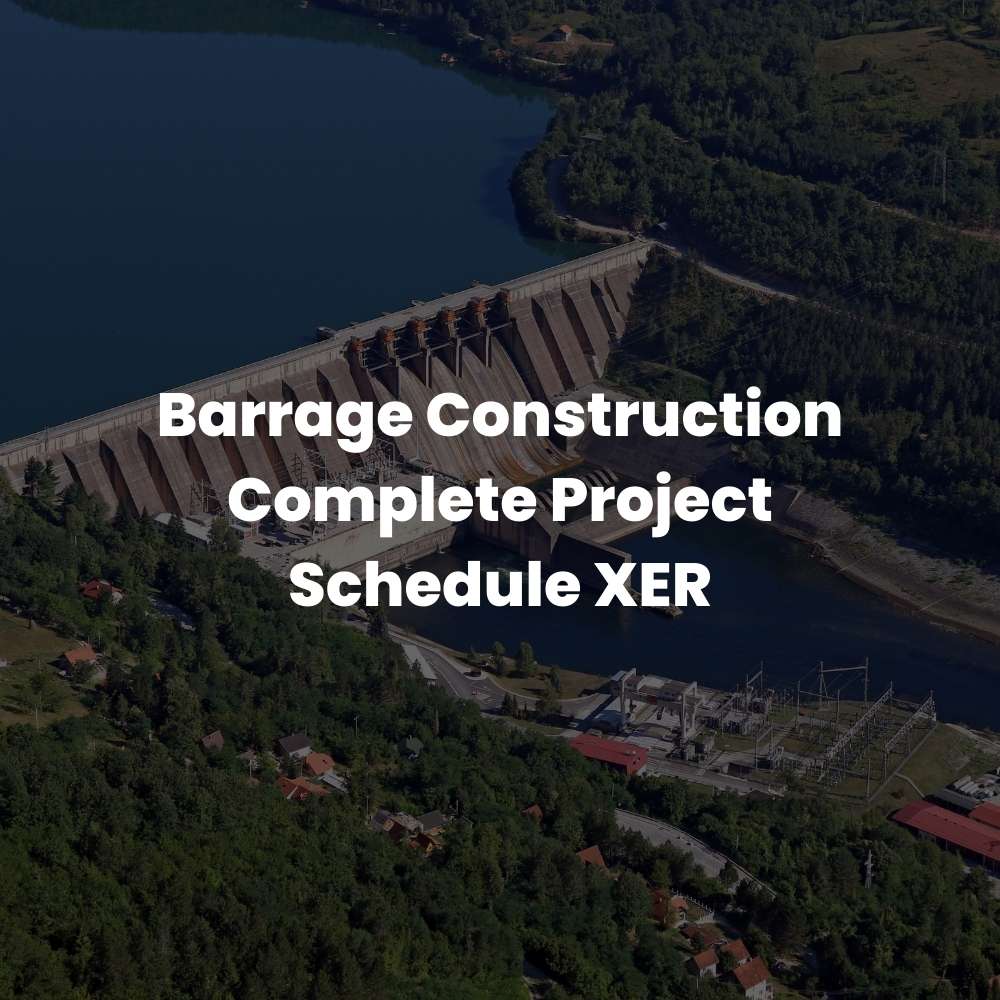The Complete Guide to project contracts: What Every Construction Contractor, Engineer, Architect, and Supplier Need to Know

Introduction
There are a lot of moving parts involved in any project contracts, and that means there’s a lot that can go wrong. That’s why it’s so important for everyone involved on your end to understand the basics of construction contracts, including how to write one, what key information it should include, and what you can do if you can’t resolve issues with the other party. Read on to learn everything you need to know about contracts and construction projects—from an introduction to contract law to negotiating a contract and more.
An introduction to construction contracts
A construction contract is a legally binding agreement between two parties to provide a service or deliver goods. The American Institute of Architects (AIA) defines a construction contract as “a written instrument made between the owner of the building and its architect, or appointed engineer and contractor, for the execution of work on a structure according to plans and specifications approved by the owner.”
In other words, it’s an agreement between an architect/engineer/design firm and its client (often an owner). The client hires the firm for services related to design excellence in order to receive approval from local authorities for their project; this process often involves obtaining permits from multiple entities such as code officials, fire marshals, and building/ project contracts inspectors.
What is a contract?
A contract is an agreement between two or more parties. The law of contracts governs every contractual relationship because it sets out the rights and obligations of parties who enter into a contract.
Contracts are enforceable by law, which means they can be enforced by legal action if one party fails to perform as agreed in the contract.
Contracts can be verbal or written; however, a written form of the agreement provides greater certainty of what was intended by the parties at the time they entered into the agreement. A written contract also allows evidence to be presented in court should there be any dispute about what was agreed upon at that time.
A written acknowledgment signed by both parties is usually considered proof that this requirement has been met; however, it does not prevent either party from claiming that something else was actually said during negotiations or negotiations for amendment (if these are being done after signing). If you are using post-it notes as part of your negotiation process then consider making notes on them rather than just writing “OK” or “Yes.” This will remove any uncertainty about what was agreed on when looking back later on down the line!
Contract law in a nutshell
Project contracts are legally binding agreements between two or more parties to exchange something of value. They are an important part of society, ensuring that individuals and businesses can conduct business safely by making it clear what they can expect from each other. A contract may be written or oral, implied or express, bilateral or multilateral, and so on.
Project contracts law is a very broad field with many different rules depending on the type of project contracts being discussed. In this section, we’ll cover the basics you need to know if you’re involved in constructing buildings or doing any type of engineering work in connection with construction projects.
Contracts and construction projects
Contracts are the foundation of business, and construction projects are no different. A contract is an agreement between two or more parties (or more) that creates legal rights and obligations. Because laws exist to enforce contracts, it’s important for everyone involved in a construction project to know what a contract is and how it works. It’s also important for everyone to understand what their rights and responsibilities are under the law when dealing with contracts on a construction project. You should think about this yourself as well as your company or client when creating or reviewing contracts before signing anything!
Types of contracts
- Fixed-price contract: The contractor agrees to complete the work for a fixed price. If the project costs more than expected, the contractor is responsible for bearing any additional expenses.
- Cost plus contract: In a cost plus contract, the owner pays an agreed-upon percentage of any additional costs of project contracts incurred during construction or maintenance. This type of contract is often used when there isn’t an accurate estimate of how much it will cost to build something new or what repairs are necessary on existing structures.
- Lump sum contract: Under a lump sum contract, you pay one set price for all labor and materials required to finish your project within a certain time frame and budget (if applicable). This type of agreement is useful if you know exactly what kind of work needs to be done but aren’t sure about how long it will take or how much money it will cost until after your team has completed its research into construction materials, equipment requirements, and labor estimates—
- And because every situation is different from another in terms of variability between materials prices/sources/etc., without knowing exactly which materials are going into each job beforehand would mean having no idea whether or not those prices were fair value based on similar projects’ market trends from industry experts’ perspectives (e.,g., architects), so nobody would want this type of arrangement unless they were confident enough about their own abilities as well as their team’s capabilities before starting out working together
When should you use an agreement?
The simplest answer is that you should use project contracts when doing business with anyone. This includes:
- Individuals or companies (including your own)
- Government agencies, whether federal, state or local
- Non-profit organizations (such as charity fundraisers)
- Corporations of all sizes, including publicly traded companies
A project contracts is also necessary if you’re doing work for one of these types of businesses:
- A partnership—that is, two or more people who are joining together to form an organization for their mutual benefit and protection. The partnership itself does not have legal existence separate from the partners; instead, it’s considered a “joint venture.” Many construction project contracts contain definitions for both “partnership” and “joint venture.” If either party disagrees about whether something falls under one category or another, this type of dispute may be decided by legal counsel.
- An example would be if one partner sells his interest in the company without permission from all other owners; this might require a restructuring process before continuing business operations on any level but could also lead toward dissolution if it becomes too difficult to resolve differences among partners/owners due to irreconcilable issues between them regarding control over assets vs profit sharing/reallocation strategies.
How are construction contracts negotiated?
Negotiation is the best way to get a fair deal on any project contracts. Negotiation is not some mystical process that only experts can do well. If you are willing to put in the time and effort, you can learn how to negotiate better contracts for yourself.
The difference between an agreement and a contract is that an agreement does not involve money or property rights, while a contract does. An agreement may be as simple as agreeing on the cost of goods; however,
If there is any element of money involved then it becomes a contract. For example, let’s say two people agree to meet at noon tomorrow but one person doesn’t show up because he overslept and forgot about their meeting until 2 p.m. Then he will have breached his part in their “agreement” (i.e., they agreed to meet at noon) but since there was no money involved they could still make another appointment without having any legal ramifications against project contracts either one of them (unless perhaps if this happened frequently).
The typical process for soliciting bids includes advertising for firms interested in bidding; when these firms respond with interest, they must submit detailed proposals describing their qualifications and experience in performing similar projects; once all proposals have been received by your company (or client), they should be carefully reviewed before selecting one firm over another based upon
Several factors such as price/cost plus quality levels needed from each proposal submitted by qualified candidates interested in performing work within certain specifications set forth during the bidding process itself (including specific items like labor costs associated with each item included within the scope).
Understanding the basics of contract law can make all the difference in your next construction project.
But what is a contract?
A contract is a legally binding agreement between two or more parties to perform certain actions or provide goods and services. Contracts are used in all types of industries, from construction to manufacturing. They’re also used in personal relationships, such as when you get married or sign up for cell phone service with your provider. Contracts ensure that all parties are on the same page/ project contracts when they are signing off on any sort of agreement, whether it be written down or verbalized over the phone. This ensures that everyone has an understanding of what they need to do and how they will be compensated for their work.
Contracts protect both parties’ interests by ensuring that each person involved understands exactly what he/she is agreeing upon before signing anything official—and as we all know now more than ever, having professional assistance can help us make sure everything goes smoothly!
Conclusion
There’s no need to feel intimidated by contracts on your next construction project. Understanding the basics of how they work and what they contain can help you navigate any situation with ease. So now that you’ve got all this information, it’s time to put it into action! project contracts Check out these resources for more details:
- What is a contract?
- Contract law in a nutshell
Or if you’re feeling particularly ambitious. . .you could try reading through our comprehensive guide to construction contracts! And when in doubt, just remember that knowledge is power—which means knowing what goes into an agreement gives you more leverage at every stage of your project management process. (And maybe even some peace of mind!)
Leave a Reply
You must be logged in to post a comment.







